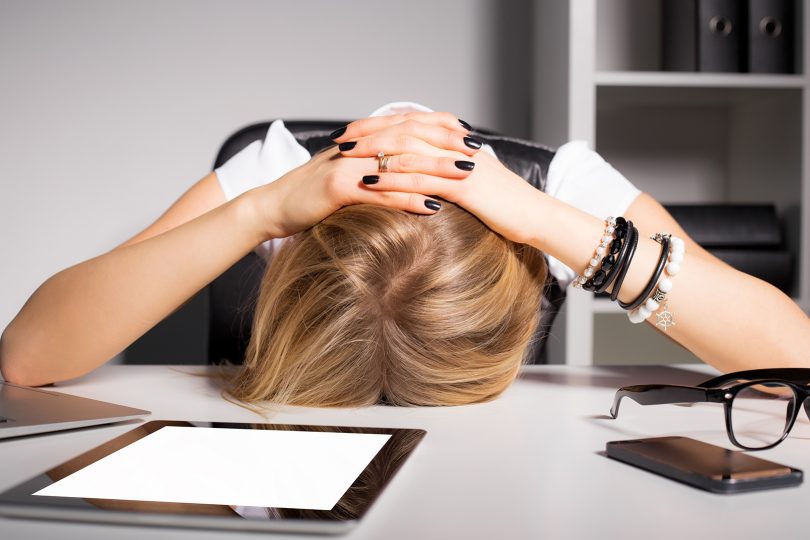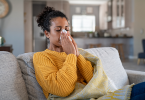It’s that time of year again – that oh so wonderful time – when we get to set our clocks back an hour … the time when we think we can finally make up for that hour we lost in the spring. How nice it would be if that one hour were the only sleep I’d lost this year!
If you, too, are feeling tired as a result of routinely losing sleep, then a sleep technologist is a person whom you may need in your life.
What is a sleep technologist?
As a sleep technologist at Augusta University Sleep Center – the area’s first, most established facility of its kind and the first to be accredited by the American Academy of Sleep Medicine – I work with members of a health care team to study, diagnose and treat sleep disorders. Sleep technologists also educate, instruct, prepare and stay with patients during sleep studies.
A little bit about me:
- I love sleep.
- I love sleeping.
- I love working in sleep and helping others to find the root of their sleep issues.
- Most of all, I love when I help others with fixing their sleep problems.
- My core belief about sleep is that too many people settle for poor sleep. They think they are sleeping fine, because they have always slept this way. The truth is that an estimated 70 million Americans have sleep problems, but you’d never know by looking at them.
How much sleep do I need?
The National Sleep Foundation recommends that adults get 7 to 9 hours of sleep each night – an increase from its previous 6-8 hours-a-night recommendation. However, some can get away with less.
The key in knowing how much sleep you need is being in tune to how do you feel when you wake from sleep. For instance, do you feel rested and refreshed? As the day goes on, do you have enough energy for all you need to do, or do you run out of steam before you run out of day?
Do I need help? Quiz yourself!
There are several ways to measure your level of sleepiness. One of the most common is the Epworth Sleepiness Scale. Take this self-assessment to measure your general level of daytime sleepiness.
Scoring key:
- 0 = never
- 1 = for slight chance of dozing
- 2 = for moderate chance of dozing
- 3 = high chance
How likely are you to doze off or fall asleep in these eight situations?
- Sitting and reading
- Watching TV
- Sitting inactive in a public place like the theater, meeting, church, etc.
- Sitting as a passenger in a car for an hour without a break
- Lying down to rest in the afternoon when circumstances permit
- Sitting and talking to someone
- Sitting quietly after lunch without alcohol
- Sitting in a car while stopped in traffic for a few minutes
Higher scores are associated with more daytime sleepiness, which may indicate a need to get help.





